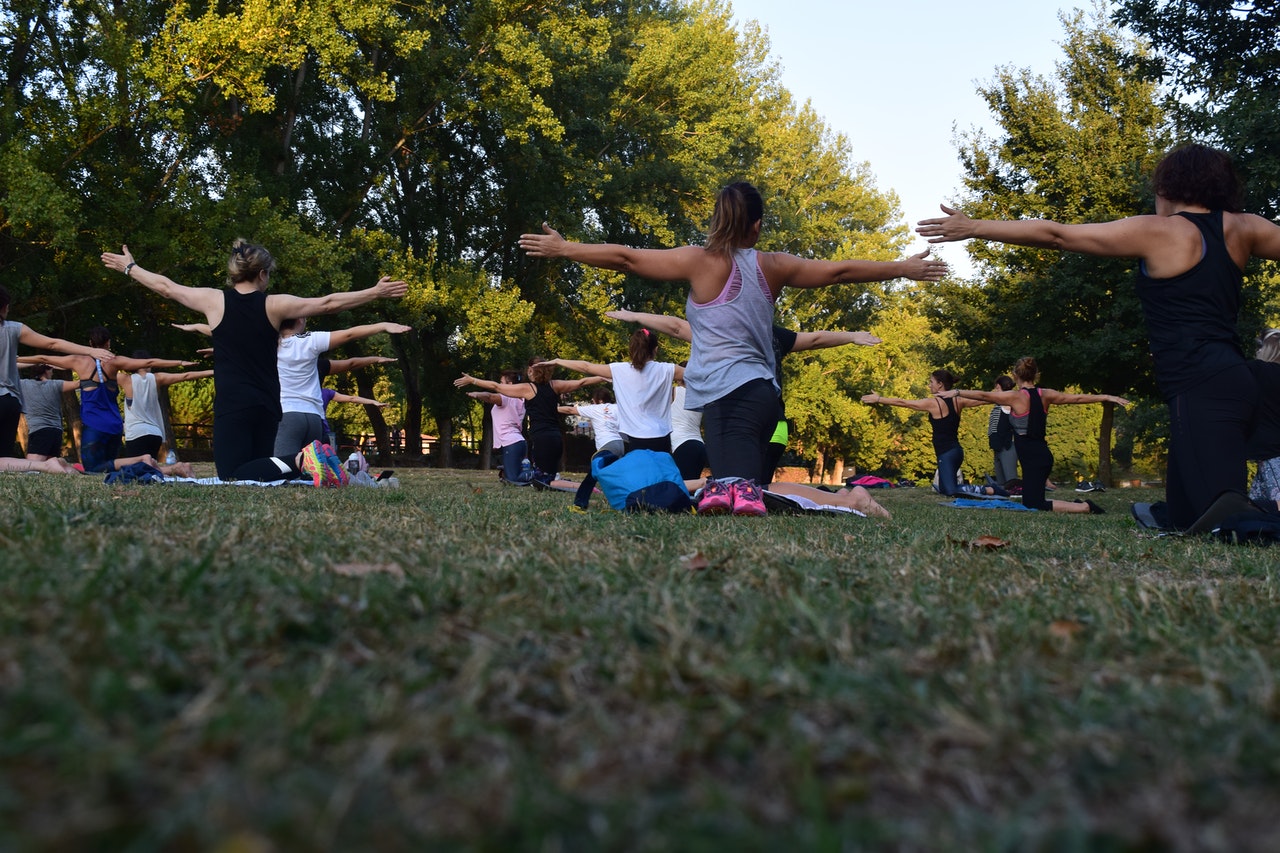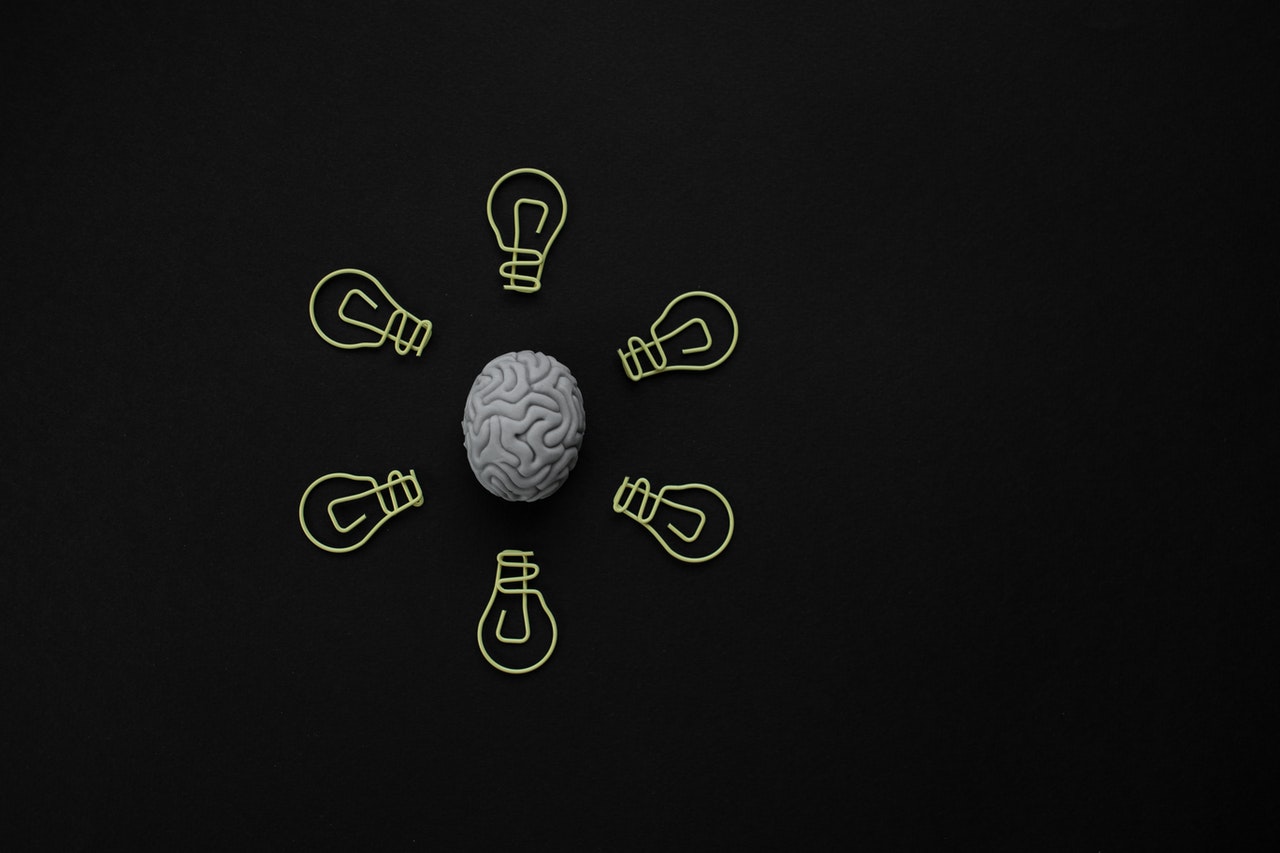Lack of energy is a pervasive problem in America, with as many as 42% of adults claiming they regularly feel tired before noon. In addition, an astounding 65% of 2,000 people surveyed said they never wake up feeling refreshed and energized. These statistics may account for the hundreds of self-proclaimed energy-boosting products on the market today — some of which make no claims of being natural and many more that do. Regardless of whether “energy” comes in a can, herb or supplement form, the truth is that the best energy boosters are already inside of you. You just have to make a few lifestyle changes to help them do their work.
Fortunately, the changes you need to make are not big or difficult to implement. See for yourself — check out the top five natural energy boosters that actually work.
1. Say “Yes” Less

A major reason for the fatigue epidemic in the U.S. is obligation overload. Not only do Americans tend to overwork themselves but also, many find it nearly impossible to say no to their bosses, friends, family members and social obligations. To avoid burnout, learn to say “yes” less. When someone asks you to do something — whether five minutes from the moment or six months down the road — consider whether it is something you really want to do. When the time comes to do it, would you still say “yes” to the commitment? If the answer is no or not a solid yes, don’t commit.
2. Manage Your Stress

Stress is a major energy zapper. If you don’t yet have a stress-relief outlet, adopt one. Such an outlet can be a support group, a happy hour date with a BFF on Tuesday afternoons, a yoga class or a simple 20-minute walk each evening. There are no rules to how you must control your stress, but you must find a way to do so.
3. Get Moving

Exercise has many proven benefits, ranging from improved brain health to decreased risk of major health problems. It makes sense, then, that exercise has several energy-boosting properties.
Exercise helps you sleep better at night. It also generates higher dopamine levels in the brain, contributing to a better mood. Finally, exercise gives the cells more energy to burn, which helps circulate oxygen and increase energy levels.
4. Drink Caffeine Sparingly

Yes, coffee does provide a much-needed jolt of energy in the morning. However, when consumed in large amounts, caffeine may prove ineffective, and it could even have adverse consequences across several areas of your life.
If you drink too much, your body may build a tolerance to caffeine. Moreover, high caffeine intake can lead to insomnia and sleep deprivation, contributing to fatigue. Coffee can also dehydrate you, which leads to fatigue, and affect your blood sugar levels, which also causes feelings of tiredness.
The bottom line is that caffeine is great in small doses. Stick to one to two cups a day to reap the benefits of the world’s favorite beverage.
5. Drink Water

Water is the one nutrient proven to enhance the performance of all but the most rigorous endurance activities. If your body is even slightly dehydrated, decreased energy levels will be one of the first signs.
If you’re tired of being tired, you don’t need canned energy or fancy supplements to restore your energy. You simply need to make a few lifestyle changes. Incorporate the above five changes into your life today for more energy tomorrow.














